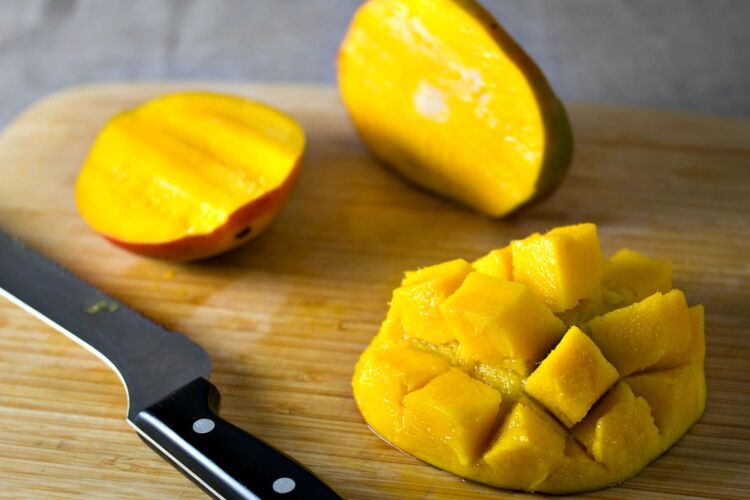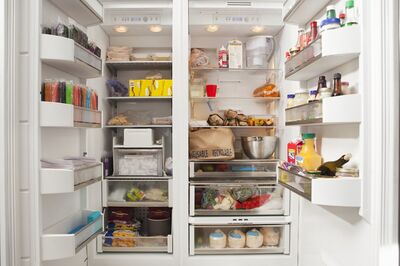How to avoid food poisoning this wet season
Residents in Cairns are being urged not to become one of the estimated 4.1 million people who suffer food poisoning each year in Australia.

The power’s gone out and you’ve just lugged a week’s worth of groceries from the car into your fridge.
What do you do?
Each year around 32,000 Australians go to hospital with food poisoning and a staggering 86 people die each year from the preventable illness.
A tropical wet season can place serious stress on our electricity grid as people keep their air conditioners on for longer periods.
The additional workload increases the likelihood of power outages, meaning the food in your fridge is susceptible to going bad and making you sick.
Dietitian Lindsey Johnson says people should be mindful of raw and ‘risky’ foods this wet season.
“Recent years have seen major food poisoning outbreaks linked to risky raw foods such as unpasteurised milk, raw eggs, bean and seed sprouts, frozen berries and lettuce,” Ms Johnson says.
“Raw foods can be contaminated with bacteria and viruses in many ways.
“It can come from food handlers’ unwashed hands; from the soil, compost or dirty irrigation water used to grow the food; from food producing animals; from dirty kitchen equipment and by contact with other contaminated food.
“Cooking the food usually kills any bacteria or viruses so there is more of a food poisoning risk from eating some raw foods.”
Taking stock of emergency supplies is important ahead of cyclone season.
“In particular, check supplies such as long-life food products to ensure that they are within their expiry date and that there is no damage to the outside of cans or packaging that could cause the product to spoil,” Ms Johnson says.
“Dispose of any cans that are swollen, opened or damaged or any food where the label cannot be easily read and the food identified.
“If we do have a cyclone or similar event that leads to a power outage, remember that any food stored in a fridge or freezer can spoil quickly.”
If the electricity fails, remember the following tips:
• Record the time the power went out
• Avoid opening fridge and freezer doors to keep the internal temperature as cool as possible
• Refrigerated foods should be used or discarded within four hours
• If foods that should be refrigerated are allowed to warm for two hours or more, they shouldn't be eaten
• Frozen foods should last for 24 hours, provided the freezer has been kept sealed
• If you were in the process of cooking when the power went out, ensure food is covered or sealed and discard the food if cooking cannot be completed within two hours.
"These times are dependent on your refrigerator being set to five degrees or lower. Coming into summer it's a good time to check the temperature of your fridge and freezer to ensure that food can be kept cool and safe," Ms Johnson says.
"Fridge temperatures can be kept constant by ensuring the fridge door is only opened for short times and only as required, and avoiding over-filling your fridge as this may prevent air from circulating properly."
For more tips on how to stay food safe over summer, click here to visit the Food Safety website.



